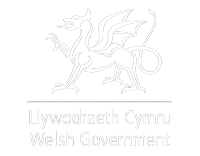Brexit
Whilst multiple rounds of negotiations have taken place, talks with the EU have been stalling due to impasses on several key issues. These include governance (role of the European Court of Justice), ‘level playing-field’ issues, fisheries, criminal and judicial cooperation as well as the implementation of the Irish Protocol. On 15th June, the Prime Minister and the EU Commission President, Ursula von der Leyen, held talks where they agreed to intensify negotiations (to be held on a weekly rather than fortnightly basis) in a bid to secure an agreement. Most analysts now believe that it will be October before a deal is likely to emerge. Due to the time required for EU members to ratify any deal, negotiations cannot really continue right up to the December deadline.
Transition Period Extension
The deadline for extending the Transition Period beyond 31st December this year has passed with a whimper rather than a bang. The UK Government made it clear it would not ask for an extension before the 1st July cut-off. The EU saw little point in asking for one from its side as it simply provides an opportunity for the UK to say ‘no’.
Other Trade Deals
The Department for International Trade (DIT) is also conducting talks on Free-Trade Agreements (FTAs) with a number of other countries;
- talks with the US have already started. There is little substantive to report as yet. The key issue in terms of agri-food is threat posed by permitting imports from the US which do not meet the standards that British farmers currently adhere to.
- negotiations with Japan have commenced and, given that Japan recently concluded an FTA with the EU (which at the time included the UK), it is anticipated that talks should be wrapped up quickly. The UK already exports significant volumes of wheat and barley to Japan. Export opportunities also exist for products such as whisky.
- the UK has formally announced its objectives for the upcoming trade negotiations with Australia and New Zealand. Agriculture is likely to feature prominently, especially given the historical trading relationships which existed before the UK joined the EEC. Increased access for beef, lamb, dairy and horticultural products will be the key asks from Australia and New Zealand.
- the UK has reaffirmed its interest in becoming a member of the Comprehensive and Progressive Agreement Trans-Pacific Partnership (CPTPP) which is one of the world’s largest free trade areas, accounting for 13% of global GDP in 2018. The CPTPP includes Japan, Australia and New Zealand and deals with these countries are seen as a step towards joining this larger trade bloc, which also includes Canada, Chile, Malaysia, Mexico, Singapore and Vietnam.
- with the UK leaving the EU, it is seeking to replace the FTAs which the EU had agreed with other countries whilst the UK was still a Member State. To this end, it has been pursuing Continuity Agreements. To date, agreements have been concluded with approximately 50 countries, including Switzerland, South Korea, Chile and South Africa. Negotiations are ongoing with 16 others, including Canada, Mexico and the Ukraine. Such rollover agreements are anticipated to have a limited impact on agri-food as they are largely seeking to replace existing FTAs.
Whilst pursuing trade deals around the world is a crucial aspect of the UK’s independent trade policy, one must not lose sight of the fact that exports to the EU (£300 billion) accounts for 43% of total UK exports. Therefore, it is hoped that securing a comprehensive FTA with the EU remains the priority of the UK Government.
If you are interested in getting a concise and unbiased commentary on the key issues affecting business performance in the UK agri-food industry, click on the link below for a 90-day free trial of Andersons’ AgriBrief Bulletin:



